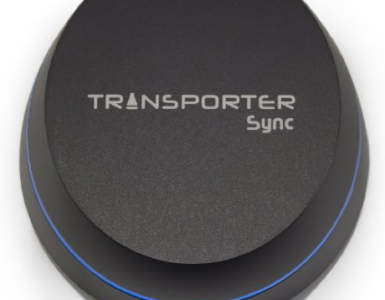Today, Amazon.com recommendations led me to one of the most terrifying books I’ve read in a long time. And be advised: this is one of those books that, once you read it, irreversibly transforms the way you see the world.
Shadow Work is the unpaid work we do for businesses and organizations. When you pump your own gas, bag your own groceries, assemble your own salad, bus your own table, or assemble your own furniture, you are working for a company (an oil company, or a grocer, or a restaurant, or IKEA) without getting paid.
Very cleverly — often under the banner of “choice” or “self service” or “convenience,” companies have increased profits by shifting a broad array of jobs (once held by other people) to you.
In some cases, we’re not just working for free — we’re being duped into paying our shadow employer to do the work! ATMs create the shadow work of being your own teller — and you pay “transaction fees” for that opportunity. Fandango transforms me into a theater ticket taker — and charges me a $2.00 “convenience fee” for the privilege. Just last night, I ate at a restaurant where I filled my own drinks and bussed my own table — and still obediently tipped at the check-out counter.
Even work you feel good about is still work. Do you recycle? Congratulations: you’ve relieved the waste disposal industry of paying employees to perform that chore.
Slowly, slowly, more and more of what used to be the cost of doing business has been shifted to us. If we had inherited all these jobs at once, overnight, we would have revolted. If there had been a vote, we would have voted the shifting of responsibilities down. But savvy corporations have engineered these shifts incrementally and slowly, over long periods of time — and like the proverbial frog in the slowly heated water, we’re all boiling now … without ever having realized the pot’s getting hotter.
Stealth is one key to creating shadow work. The elimination of choice is the other.
An example: for all the talk about “work-life balance,” the phrase is largely a joke. You’re likely paid based on the long-abandoned fantasy of the forty-hour work week. But most all of us work more than that — answering email, taking calls, volunteering to work nights … not so much because we want to, but because we’ve been convinced we have no choice but to work this way.
And why do our jobs take more than forty hours? Well, it’s partially because, in addition to the work you actually do, you’re now also your own secretary, typist, researcher, trainer and budget analyst. You’re your own HR rep (thanks, online self-service!) and cafeteria worker. And, of course, you’re also the company’s unpaid 24/7 help line operator every single time you answer an email or take a call or come in to work outside of normal working hours.
We’ve let this happen. We have created a world where corporate drones tell us, with straight faces, “We expect our salaried people to work overtime without compensation.” We believe there is no other choice.
Once you start looking for shadow work, you see it everywhere. You begin to understand how blind you’ve been to the slow and steady conversion of leisure time into hours and hours of unpaid labor. And — worse — you see how complicit you’ve been in that conversion.
All of this — and I’ve just started reading the book! The author promises strategies for tuning the tide; I’m hoping upcoming chapters provide practical strategies.
Meantime: I’m seeing my world through a new set of lenses.
How much shadow work will you do today?





Add comment